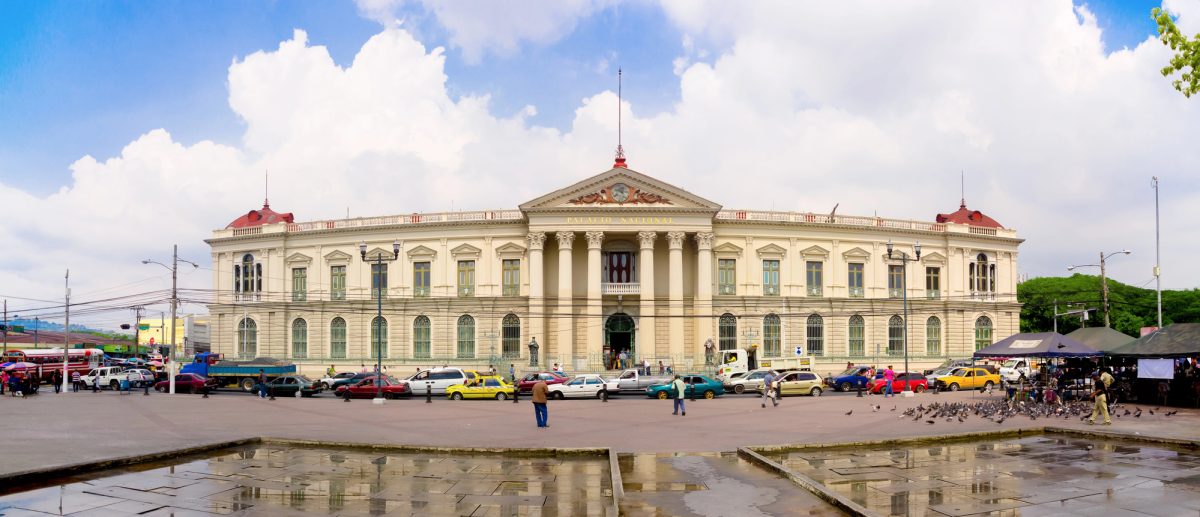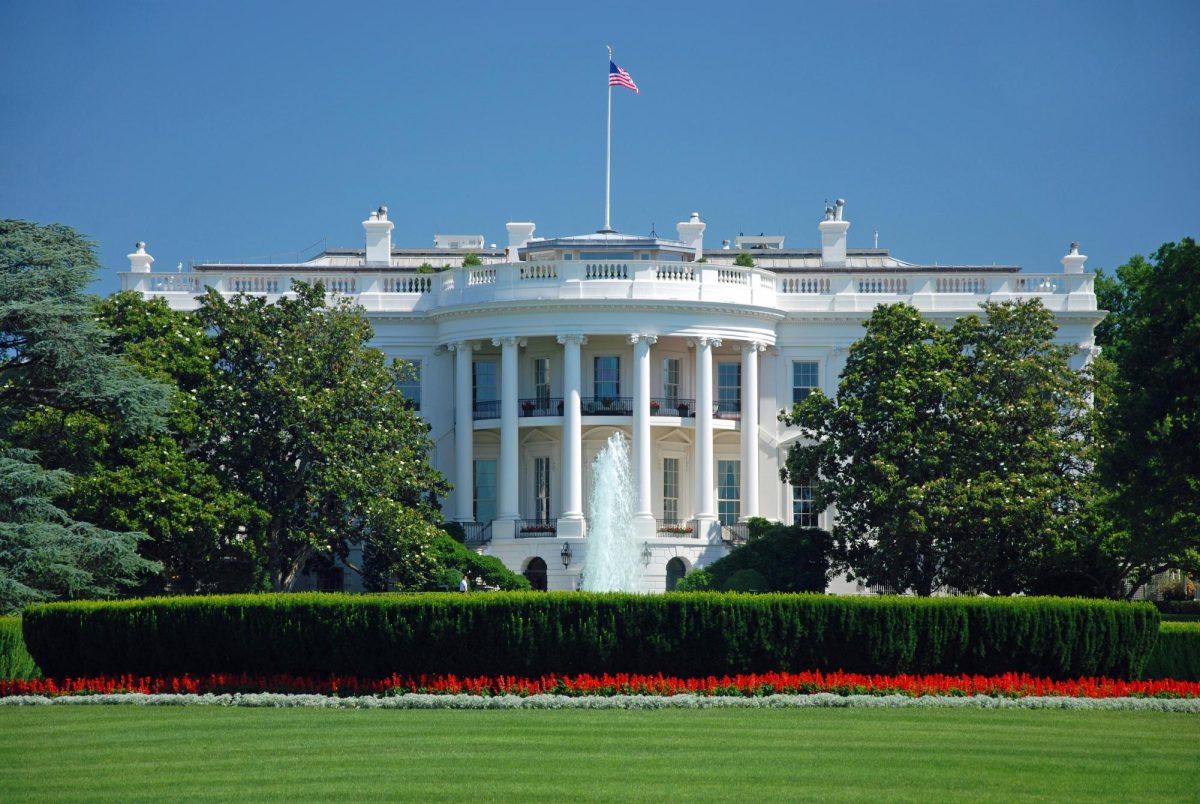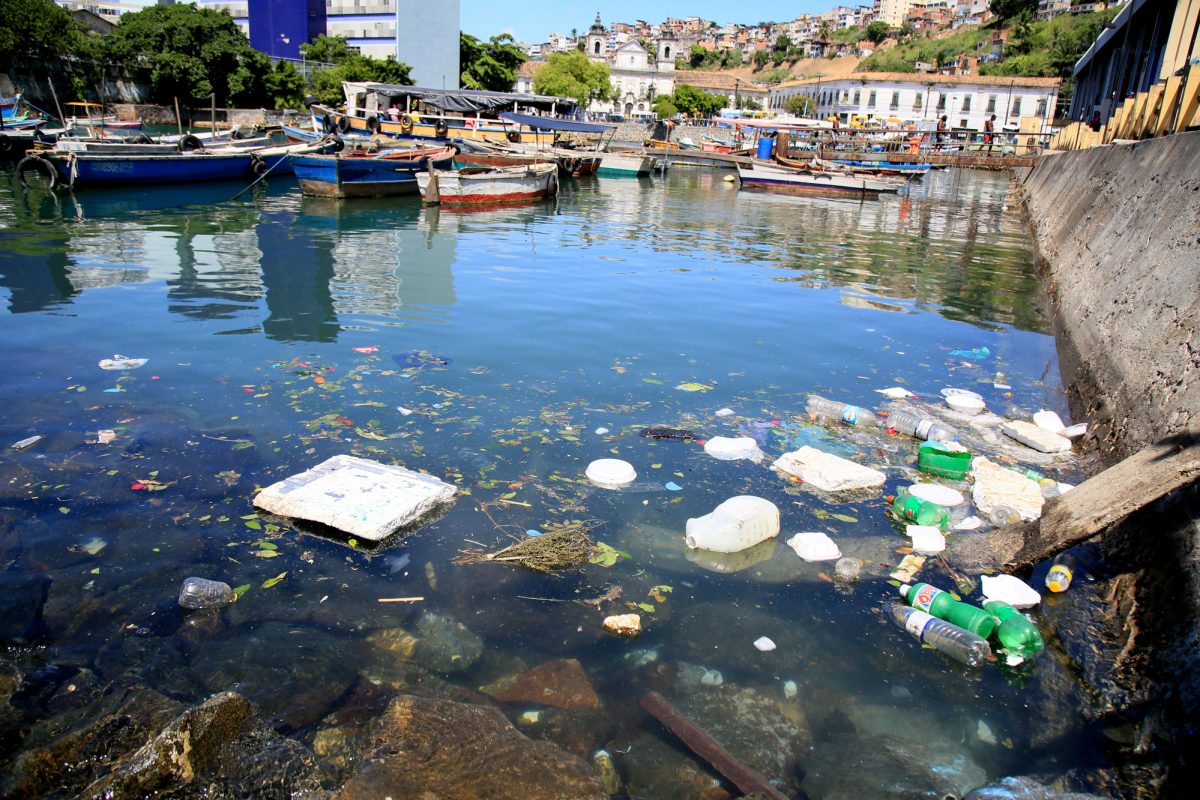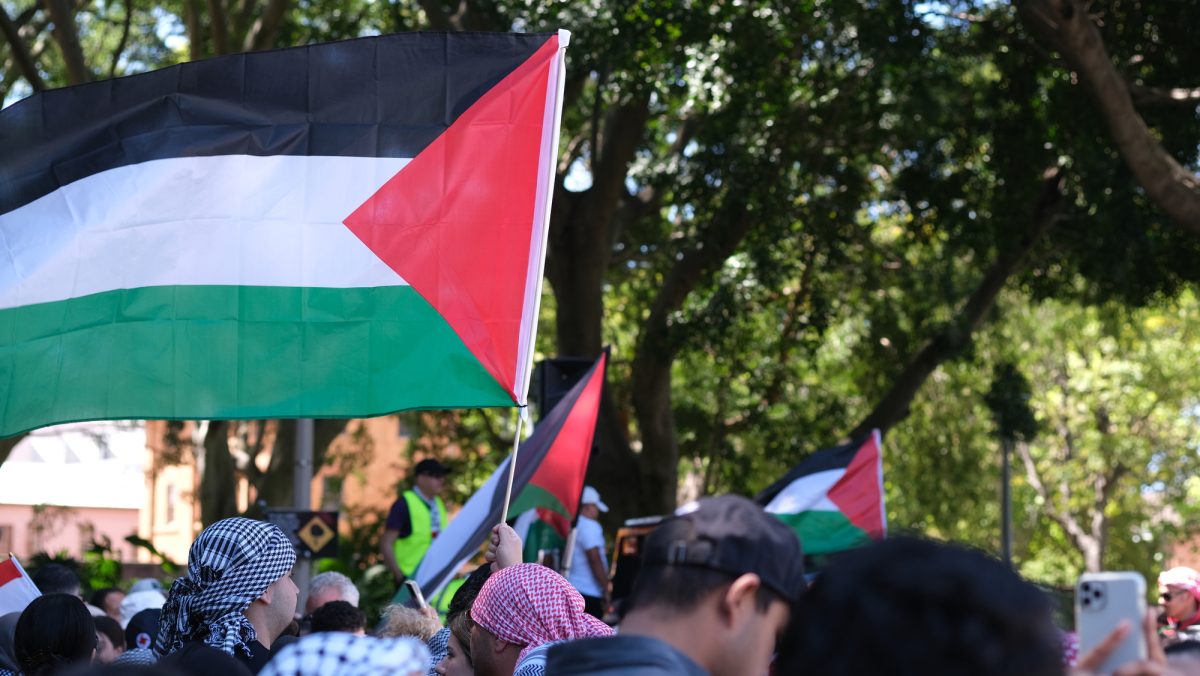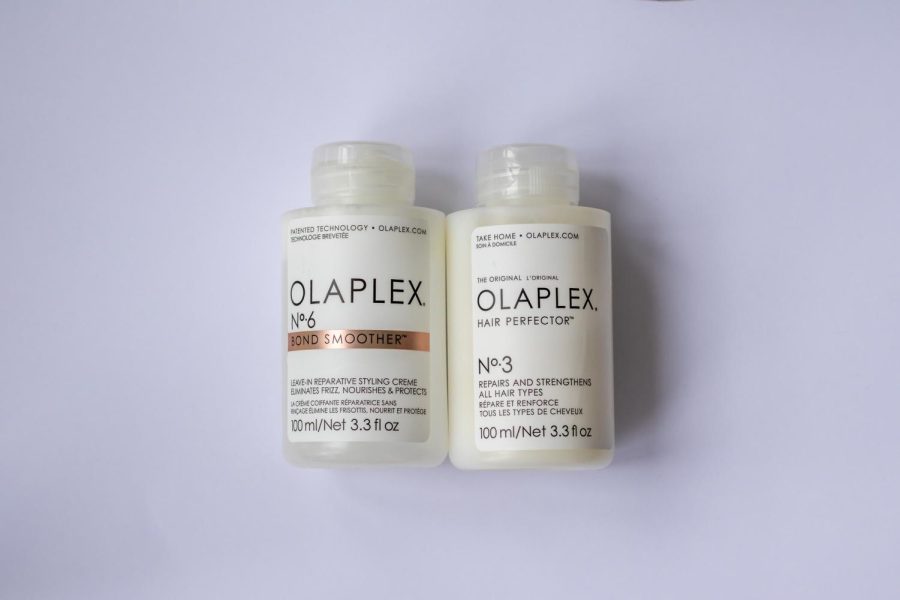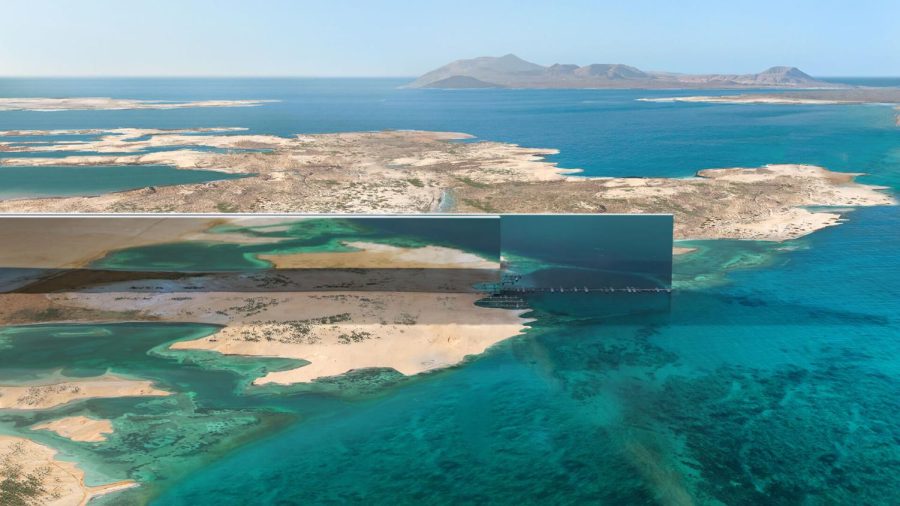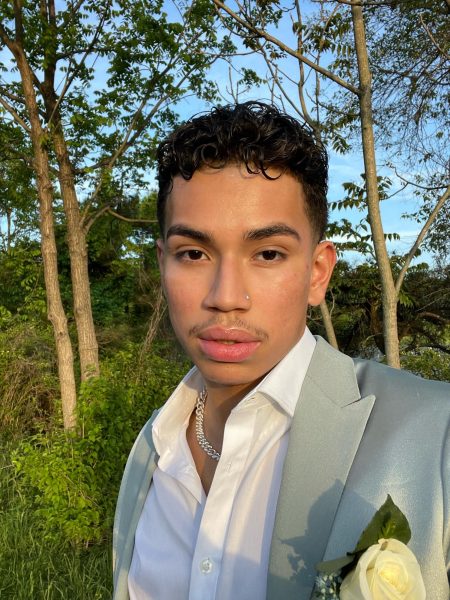On February 4, 2024, thousands of Salvadorans living in the U.S. headed to designated polling stations across the country to participate in the first ever extreme voting abroad.
While there were 46 stations throughout the U.S., the D.C. Metropolitan area had seven voting locations to accommodate the thousands of Salvadorans who call this area their home.
With polls open from 7 A.M. to 5 P.M., and with limited voting locations throughout the country, many Salvadoran Americans left without being able to vote due to the long lines. According to the Supreme Electoral Tribunal of El Salvador, almost 500,000 Salvadorans living abroad were able to cast their votes.
The question now is why Salvadorans who have been living in the U.S. for several years now have a sudden interest in their country’s elections and politics?
The answer points to the shift the country has experienced since the incumbent President Nayib Bukele took office.
It is important to note that El Salvador was known as the murder capital of the world and had been run by two opposing gangs: MS-13 and the 18th Street gang. Student Cindy Elias Reyes, who is in her second year at Howard Community College as a business and accounting major identifies as a Salvadoran American and is also the Dragon Leader Intern at Student Life. She recalls why she stopped going to El Salvador:
“I kind of grew up half there [El Salvador] half here, so I know a lot about El Salvador. It was around 2013/2014 that I had to stop going to El Salvador because gang members recognized me and my sister as relatives of gang members, and my sister and I were targeted,” Reyes said.
Since President Nayib Bukele took office in 2019, his main priority has been combating corruption and gang violence. During his tenure, Bukele and his government constructed a hospital in response to the COVID-19 pandemic, constructed homes for citizens who lost their homes during floods, made bitcoin a legal currency in the country (making El Salvador the first and only country to have bitcoin as legal tender), and even made El Salvador the host country of the most recent Miss Universe. It is undeniable that Bukele has made El Salvador a new hotspot tourist destination.
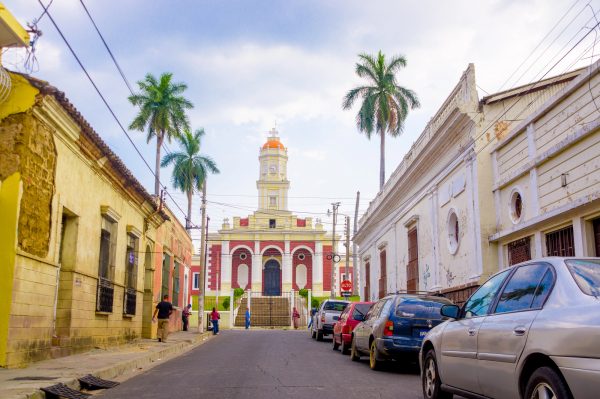
“There’s definitely a lot of change in tourism and feeling safe in El Salvador,” Reyes said. “Structures are more modern and feel out of place compared to my old experience in El Salvador, in a good way.”
Mily Pineda Rivera, an HCC alumnus who is studying Communications at UMBC, recalls visiting El Salvador for the first time earlier this year. “I went to visit because I wanted to see where my parents grew up, and I felt like it was finally safe to visit. My experience was somewhat like what my mom would tell me: packed buses and funny people.”
But Bukele’s leadership also has brought on controversy. Bukele and his government have been targeted for his approach to violence. While indeed violence—specifically stemming from gangs—has declined from about 38 per 100,000 in 2019 to about 2.4 per 100,000 in 2023, many human rights activists, American politicians, and historians criticize the state of exception which gives authority to the military and police to arrest anyone without due process if they seem suspicious of gang or criminal activity. Bukele’s government has been running the country under this law since March of 2022.
While many American politicians have wanted to interfere in El Salvador’s politics, they have only been met with complete backlash. U.S. Representative Ilhan Omar made a post on X stating “I led Members of Congress in sending a letter to @SecBlinken urging action on threats to democracy in El Salvador. The State Dept must review its relationship with El Salvador and defend democratic values. The Salvadoran people deserve free and fair elections without fear of repression.” After her post, Omar received complete backlash, with commentators saying, “The only threat to democracy in El Salvador is the United States” and others commenting “Strange. My El Salvadorian born employees say it is safer there now than it is here. Maybe worry about America first.” President Nayib Bukele went on to respond to Representative Omar by saying “We are HONORED to receive your attacks, just days before OUR election. I would be worried if we had your support.”
It is without doubt that Nayib Bukele and his politics have caused conversation in all parts of the world, but the opinions of the Salvadorans and Salvadoran-Americans are clear. With a landslide victory of almost 80% of votes, Bukele and his party have five more years to prove to all Salvadorans that they made the right choice by supporting him as their elected leader.
“I felt safe and somewhat safer than here [the U.S.], and this might be because of the presidents’ strict laws, but the people don’t seem fazed by it, they adore him!” Mily said.


